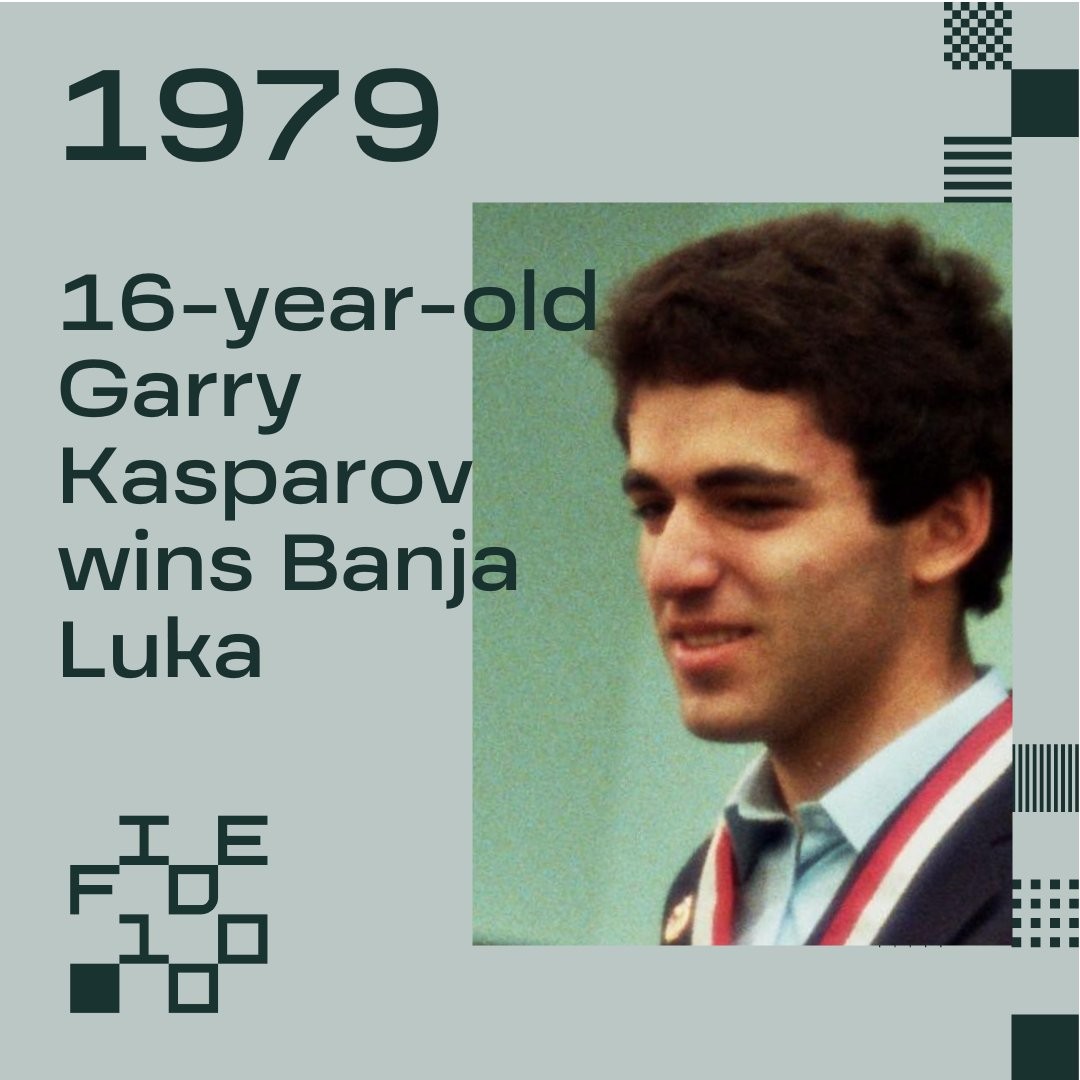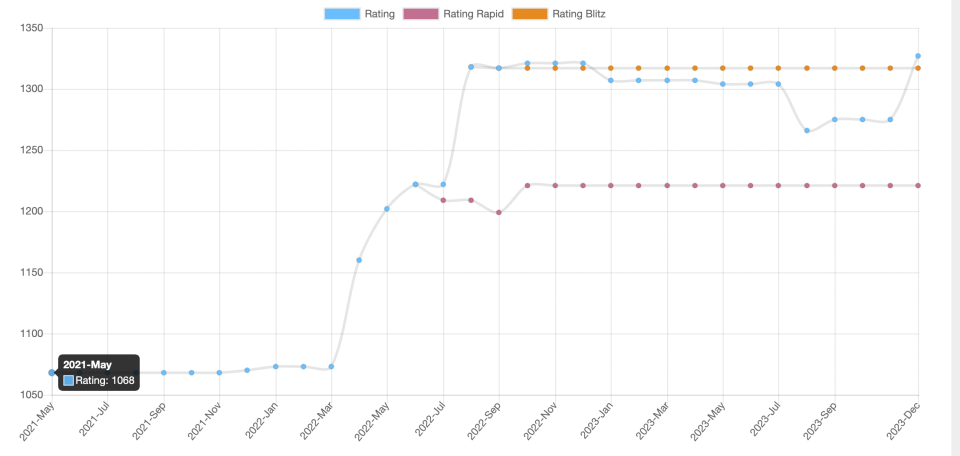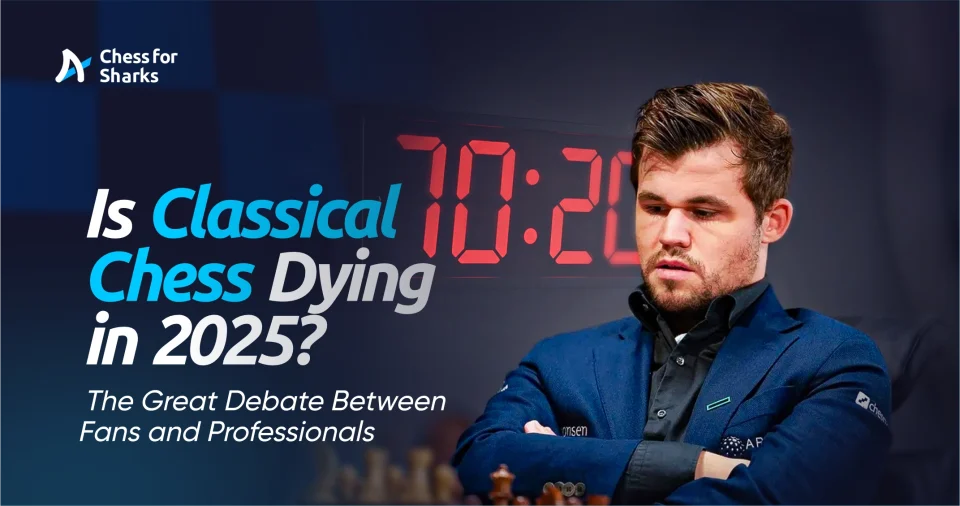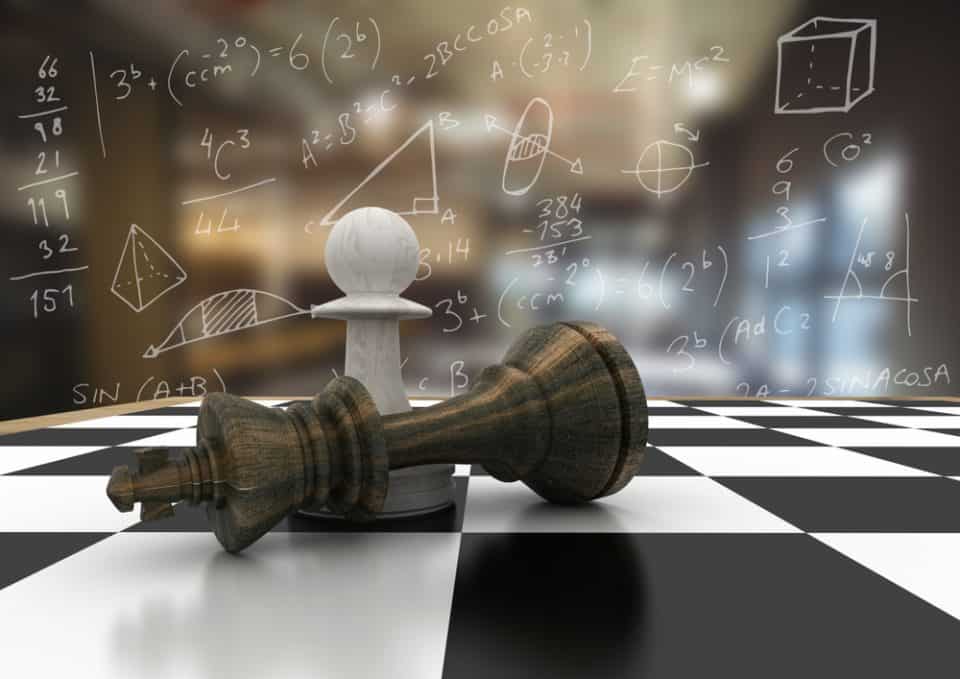The FIDE rating system is based on a player’s performance in their first event(s) and is dependent upon the strength of their opponents.
There is no minimum rating to start with, but most players begin with a rating higher than 1000.
Garry Kasparov, for example, was unrated when he began the Banja Luka GM event in 1979, but his first FIDE rating was 2595 after winning the tournament.

If you’ve never played rated chess games before, your initial Elo rating will be provisional, around 1000.
This means you’re considered a beginner, and will be matched with other new players.
As you start playing rated games, your Elo will adjust up or down based on whether you win, lose, or draw.
The more you play, the more accurate your Elo becomes at reflecting your current chess skill.
For each win, your rating goes up, and for each loss, it goes down. The amount depends on your opponent’s rating.
If they’re ranked higher, you’ll gain more for winning and lose less for losing. The reverse is also true.
The number of points exchanged depends on the difference between ratings. See the simple analysis below:
- Win vs. higher-rated player: Gain many points.
- Win vs. equally-rated player: Gain some points.
- Lose vs. lower-rated player: Lose many points.
- Lose vs. equally-rated player: Lose some points.
- Draw: No points exchanged.
For popular chess websites like Chess.com, the Glicko system is used, and the initial start point in the Glicko formula is 1200.
Players would have to win games to move ahead of this rating or lose to get their rating reduced.
The general consensus is that below 1200 is considered “beginner,” 1200-1800 is “intermediate,” 1800-2000 is “advanced,” 2000-2200 is “expert,” and 2200+ are “masters” at chess, with FIDE titles being awarded at certain ratings or norms after that.
The goal is to have an Elo rating that accurately reflects your skill level. Don’t get too obsessed with drastically improving your rating overnight.
Focus on learning from each game, developing solid strategies, and making incremental progress.
You may also want to see:
- How To Get Better At Chess: A 12-Step Guide
- How To Improve Your Chess Rating For Beginners (From 0-1800)
- How To Become a Candidate Master
- How to Become a Woman Grandmaster
- How to Become a National Master in Chess
- How to Become a FIDE Master
- How to Become an International Master
- How To Be A Chess Grandmaster







join the conversation